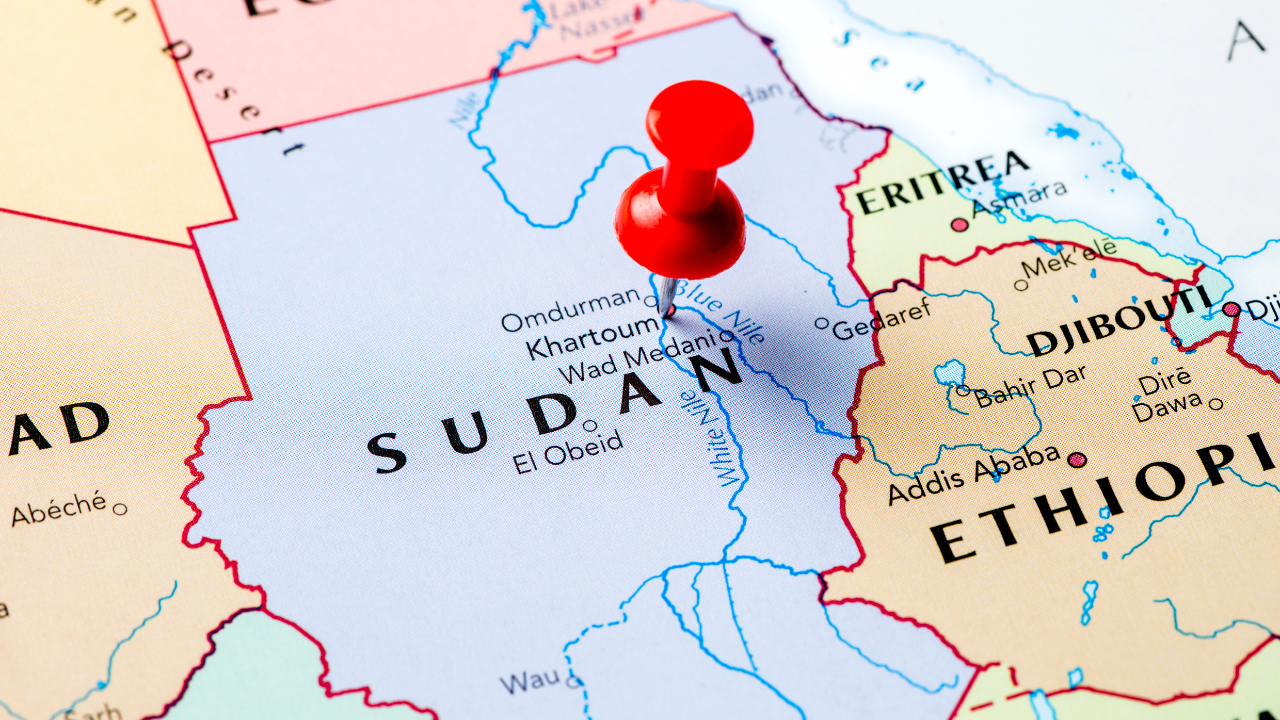Date first published: 09/09/2025
Key sectors: oil & gas
Key risks: armed conflict
Risk development
On 31 August the Sudanese Ministry of Energy and Petroleum announced an emergency shutdown of oil production in the Heglig oilfields, citing drone attacks conducted by paramilitary Rapid Support Forces (RSF) on 26 and 30 August near the production facilities. The aerial attacks on 30 August targeted the Heglig Operations Basecamp, damaging a terminal at the disused airport and posing what Acting Undersecretary of Petroleum Dr Fadul Mahmoud described as a “serious threat to the stability of oil flows”. In a letter to operators, Mahmoud also denounced the targeting of civilians and the government’s inability to keep company employees safe. He warned that the damage could jeopardise South Sudan’s oil exports.
Why it matter
While no party has claimed responsibility, Khartoum’s authorities have held the RSF responsible, citing the attacks’ consistency with the paramilitary group’s previous targeting of critical infrastructure. The threat to overall oil production prompted operators to warn of a complete halt to operations — a major concern to authorities in South Sudan. Juba’s precarious economy is highly dependent on oil exports, leveraging access of its northern neighbour to international markets through Port Sudan. Oil revenues account for an estimated 80 per cent of the budget and generate 90 per cent of fiscal revenue. As long-term security risks grow in South Sudan, the flow of key oil revenues used to fund security services is likely to be affected, potentially weakening national defence.
Dual drone attacks on 26 and 30 August illustrate the continued aerial threat to Sudanese infrastructure posed by the RSF’s evolving aerial capabilities. The increased use of long-range drones — including United Arab Emirates-purchased, Chinese-manufactured CH-95s — makes the Sudanese Armed Forces’ (SAF) aerial defence of vulnerable targets more difficult. As susceptibility to such attacks grows, prolonged aerial campaigns by the RSF are likely, especially if the group can maintain its UAV inventory. This will likely compel the SAF to invest in more robust and comprehensive air defence systems.
Background
The RSF’s late-August attacks followed a precedent of coordinated aerial campaigns. Between 5 and 9 May, the paramilitary conducted six separate waves of drone strikes in the de facto capital Port Sudan, targeting electricity substations, fuel depots, ammunition storage and military positions, resulting in a city-wide power outage and grounding of flights. In response, Khartoum threatened to halt oil exports in a feeble attempt to leverage Juba’s relations with the RSF to prevent similar attacks. However, existing agreements between Juba and the RSF — including increased RSF presence along the porous border and payments to prevent damage to South Sudanese oil pipelines — have frustrated the SAF. This came amid a backdrop of elevated civil war risks in South Sudan, following sporadic clashes between the military and ethnic militia, initiated in March.
Risk outlook
Disruption to oil exports from the disputed Heglig fields will severely impact South Sudan, which directs profits towards President Salva Kiir’s patronage network, notably among the security sector, raising the risk of political instability amid rising civil war threats. The SAF’s disapproval of Juba’s relations with the RSF is likely to fuel further threats from Sudan to cut off Juba’s access to oil-exporting routes. However, with Khartoum being a net oil importer and loading an estimated 3.8m barrels of South Sudanese oil in July, it also has an incentive to maintain pipeline access to Juba. Following the RSF’s drone attacks on Heglig, deteriorating relations between the paramilitary and Juba may open a window for cooperation between authorities in Khartoum and Kiir’s government, although strained relations reduce the chances of meaningful progress.

